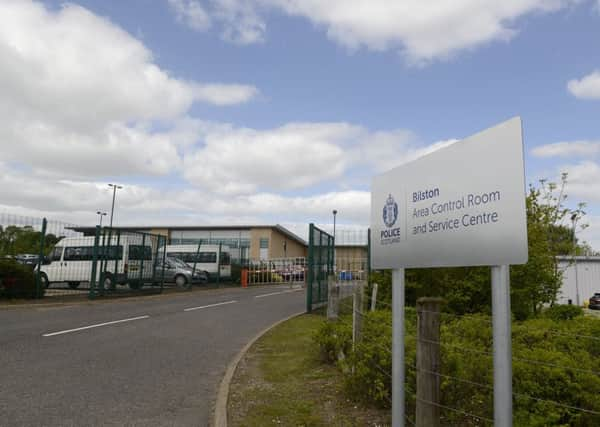Leader comment: Police call centres failing their purpose


Recent cases have been brought to mind with the report released by the Police Investigations and Review Commissioner (Pirc) into the failure of police to investigate telephone calls to Bilston Glen police call centre from members of the public about a van which appeared to be abandoned, but was later discovered to contain the body of David Penman, when police officers were finally sent to investigate.
Sadly, Mr Penman’s case is not the first time we have seen this sort of slow response, where no-one appears to have a clear understanding of what constitutes a call which should set alarm bells ringing.
Advertisement
Hide AdAdvertisement
Hide AdThe van incident brings to mind the M9 tragedy where Lamara Bell and John Yuill lay in their car immediately off the motorway while police received calls about the vehicle. When police arrived three days after a number of calls from the public, they found Ms Bell trying to escape from the car containing her dead boyfriend’s body.
There was an investigation and re-assurances, but a breakdown in communication has happened again.
Andrew Bow, a vulnerable man, was found dead in his Edinburgh flat in July – but police officers were not sent to his home despite four calls about fears for his well-being.
In each of these three cases Pirc concluded someone should have been sent out to investigate.
There seems to be a disconnect, involving a filtering system which filters out the very calls that should be investigated.
The rising number of such cases raises more fears that the system is not robust enough, with the level of understanding so confused that they cannot operate effectively.
Issuing new guidance on how to handle calls is merely a “sticking plaster” approach. The system needs a thorough review, and should be able to identify incidents requiring immediate action.